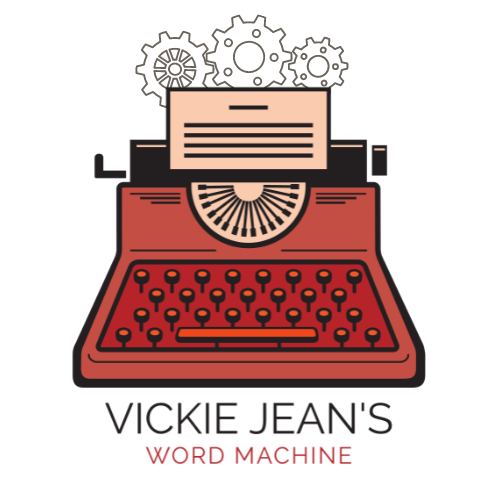Writers sweat first lines. We search for words that are transcendent. Seductive. Brilliant! We need to convey, right away, that something special is happening here.
Take the first line from Elmer Gantry by Sinclair Lewis:
“Elmer Gantry was drunk.”
We know the character’s name (his full name, no less, so he’s important), and we know that he’s drunk. What is drunk Elmer going to do next?
Mark Twain references himself in the first line of The Adventures of Huckleberry Finn:
“You don’t know about me, without you have read a book by the name of The Adventures of Tom Sawyer, but that ain’t no matter. That book was made by a Mr. Mark Twain, and he told the truth, mainly.”
That’s some serious first-line swagger.
What’s titillating about this opening, I’d argue, is not the self-aggrandizing but the idea that truth is slippery. There’s something so exciting about an unreliable narrator. Maybe us readers can discern the truth from the lies (and maybe the writer will give us clues with more reliable secondary characters.)
Sometimes we read on just to figure out who is delusional.
J.D. Salinger launches into The Catcher in the Rye by poking fun at IMPORTANT FIRST LINES and throwing some literary shade at Charles Dickens:
“If you really want to hear about it, the first thing you’ll probably want to know is where I was born, and what my lousy childhood was like, and how my parents were occupied and all before they had me, and all that David Copperfield kind of crap, but I don’t feel like going into it, if you want to know the truth.”
(There’s that word again: truth.)
How do you write a good first line? There are so many theories. How-to’s, seminars, classes, books. Schools of thought that encourage you to establish tone, set the scene, hint at change to come. Those are all absolutely valid. We need to know who is telling the story. We need to have a reason to keep reading.
But the maddening thing about first lines is that they are so very important, and also not important at all.
When you’re sitting at your keyboard with the cursor blinking (or at your writing pad with pen poised in the air – does anyone write longhand anymore?) I believe the most important thing about first lines is that you just need to start the story.
“The first thing I remember is being under something.” – Charles Bukowski’s Ham on Rye.
“All this happened, more or less.” Kurt Vonnegut’s Slaughterhouse-Five.
“I am a sick man… I am a spiteful man. I am an unattractive man. I think my liver is diseased.” Fyodor Dostoevsky’s Notes From Underground.
(I think my liver is diseased. I’m in!)
These are great writers. These are their first lines. They all start stories we want to read, but if the stories don’t continue with subsequent great lines, propelling us from page to page, how great the first lines are really doesn’t matter.
My advice on first lines: you’re probably going to rewrite them, so don’t overthink it.
